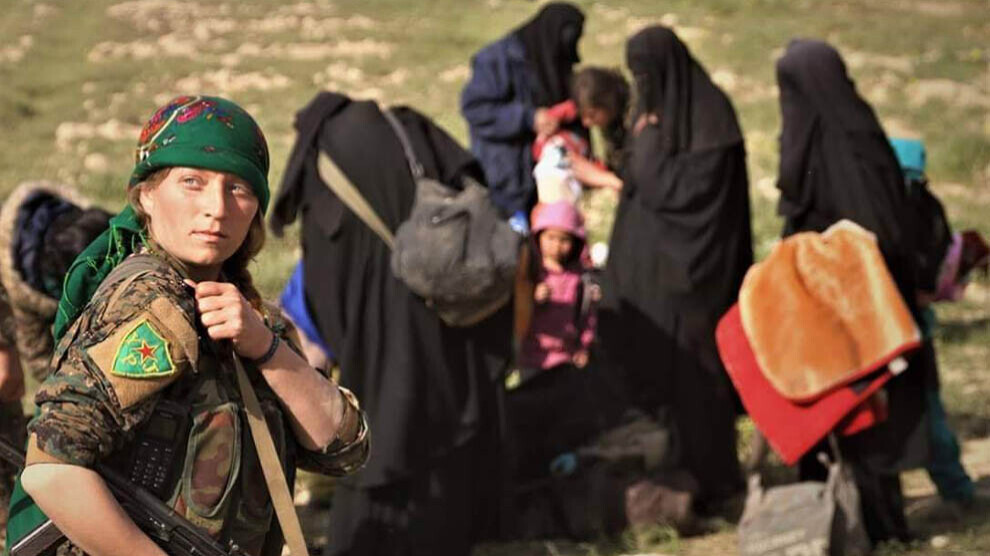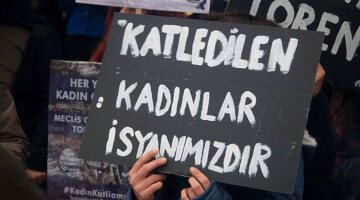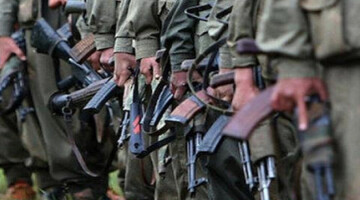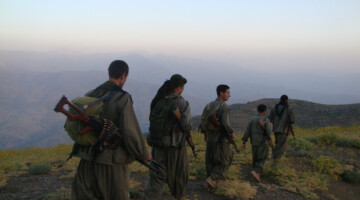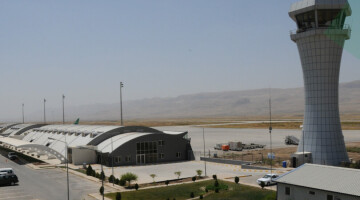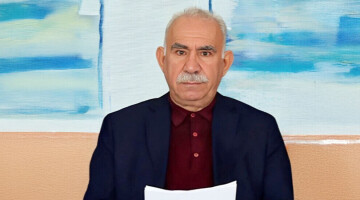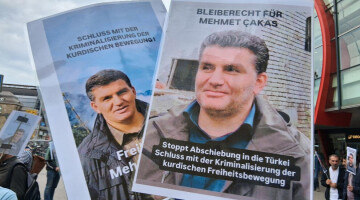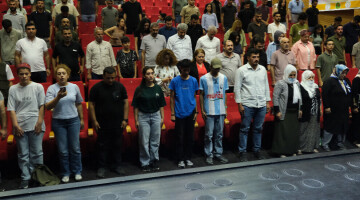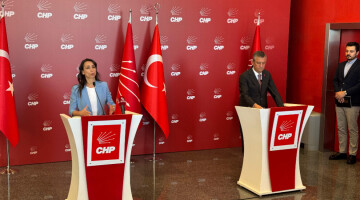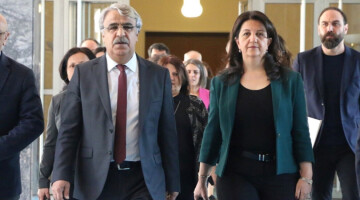German Left Party (DIE LINKE) deputy Helin Evrim Sommer has called on the German government to support the establishment of a UN special tribunal in Kobanê. "There must be no impunity for jihadists in northern and eastern Syria," said the development policy spokeswoman of the parliamentary group DIE LINKE on the occasion of World Kobanê Day on November 1.
"Instead of acknowledging the Kurdish Autonomous Administration of North and East Syria as an important ally in the international coalition against the IS, the German government prefers to bow to the anti-Kurdish policy of the Erdoğan regime. In this way, Germany is not only silent about the wars of aggression by Turkey and its allied jihadists, which are contrary to international law, but also practices complicity by supplying weapons to Ankara. The German government should immediately end military cooperation and support an arms embargo against Turkey at EU level," Sommer said.
“As a non-permanent member of the UN Security Council, Germany must at the same time make its contribution to the establishment of an international criminal court in Kobanê. Some 2000 foreign jihadists from 55 different states are still imprisoned in the northeastern Syrian autonomous region, including 800 IS terrorists from Europe. They should not go unpunished just because the responsible governments shirk the responsibility to bring back their own criminals and bring them to justice in their countries of origin,” Sommer underlined.
Europe is struggling with demands for repatriation
The jihadists of the self-proclaimed "Islamic State" (IS) imprisoned in northern and eastern Syria continue to pose the main problem for the autonomous regions. However, on the question of legal dealings, the international community continues to consider taking no steps to hold the jihadists accountable for their actions. Islamists who have committed human rights crimes in Syria and other countries in the name of the IS thus remain unaffected by the judiciary. The policy of impunity encourages the militia and similar structures to commit new crimes.
To deal with the former IS members, the Autonomous Administration of North and East Syria has long proposed the establishment of a special international court or their return to their home countries under the condition of adequate punishment. As an alternative, it has also proposed international recognition of judgments of trials against IS jihadists in independent northeastern Syrian courts. To this end, however, the Autonomous Administration relies on international legal support. However, most states are skeptical about any of these ideas. Western countries prefer to keep still even though the region is under permanent threat and resources in northern and eastern Syria are becoming increasingly scarce.

